By Growing Responsible and Socially Sustainable Cannabis (GRASS-C), Upper Salinas- Las Tablas RCD, and California Resource Conservation Districts (CARCD), in Partnership with Legion of Bloom
Our dedication to sustainability is multifaceted and includes crucial habitat restoration for many of California’s native species. Across North America, there has been a severe decline in western monarchs by over 99% since the 1990s, on their path to extinction. This is due to habitat loss, changes in agricultural practices over the last decade, the ever-changing climate, and their exposure to various pesticides and invasive species. Butterflies, together with other pollinators, pollinate over 75% of the world’s flowering plants. That is why it is crucial to do our part to help save this beautiful species.
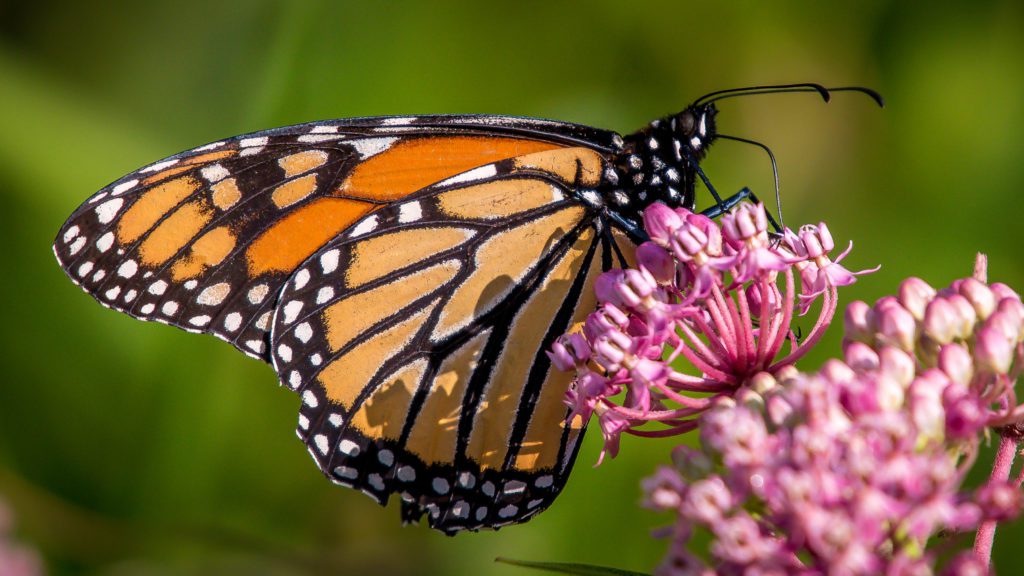
One way many state agencies and non-profit organizations are aiding in monarch conservation is with the Western Monarch Trail Project. This trail follows the migration route of the western monarch butterfly and offers consistent signage to educate the public about relevant updates. “Sites along this route provide shelter for butterflies during the winter, nectar to feed migrating monarchs, and native milkweed to feed their larvae. Signage along the trail identifies crucial overwintering and nectaring locations for western monarchs, providing the public with consistent, up-to-date information on their status, as well as efforts to restore their populations.” This collaborative project on monarch conservation aims to scale and speed up restoration efforts on the Central Coast.
Native species are important because they protect and preserve natural ecosystems. The benefits of growing native species include creating more wildlife habitats, preventing water runoff, and improving overall air quality—all of which are beneficial to the environment and California agriculture. We identified the loss of milkweed host plants and the degradation of nectar-rich habitats as some of the top reasons for this decline. We understood that cultivators could participate in this project by providing milkweed host plants and nectar-rich habitats along the Western Monarch Trail.

In July 2021, the Upper Salinas-Las Tablas RCD (US-LTRCD) was awarded a grant of $13,484.94 for monarch habitat improvement on cannabis operations. Legion of Bloom provided this funding through portions of the sale of its award-winning vape pen, The Monarch, which was inspired by this iconic species. They have a shared goal of protecting and saving the monarch butterfly population in California and helping fund future monarch habitat restoration projects all across the state.
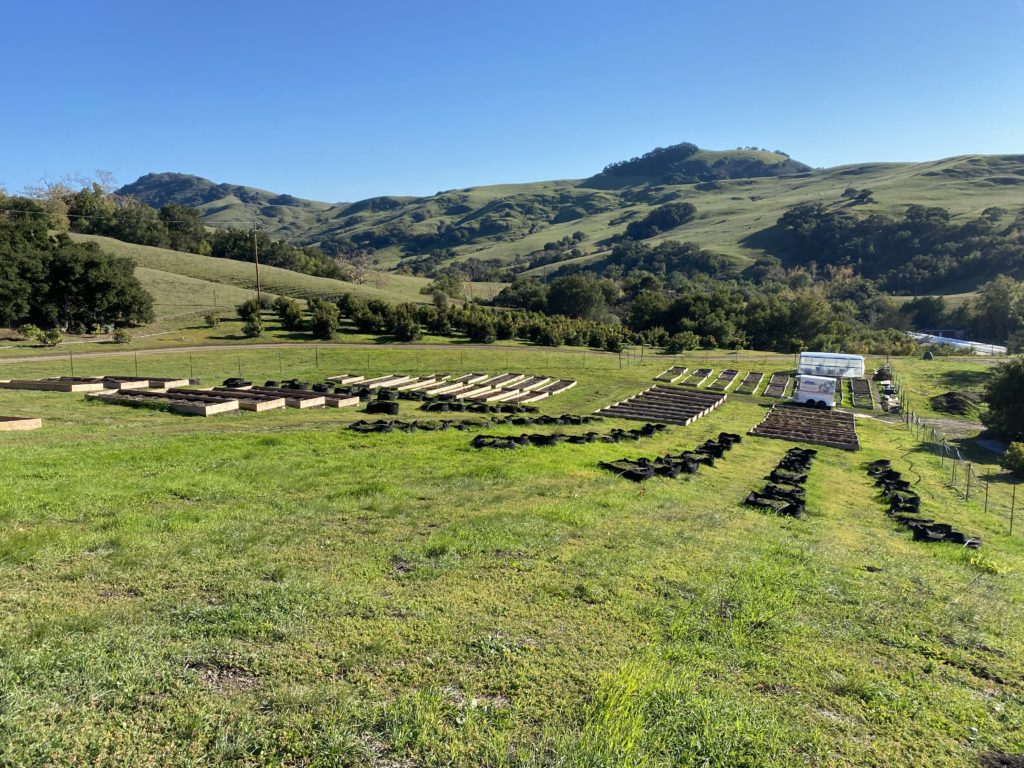
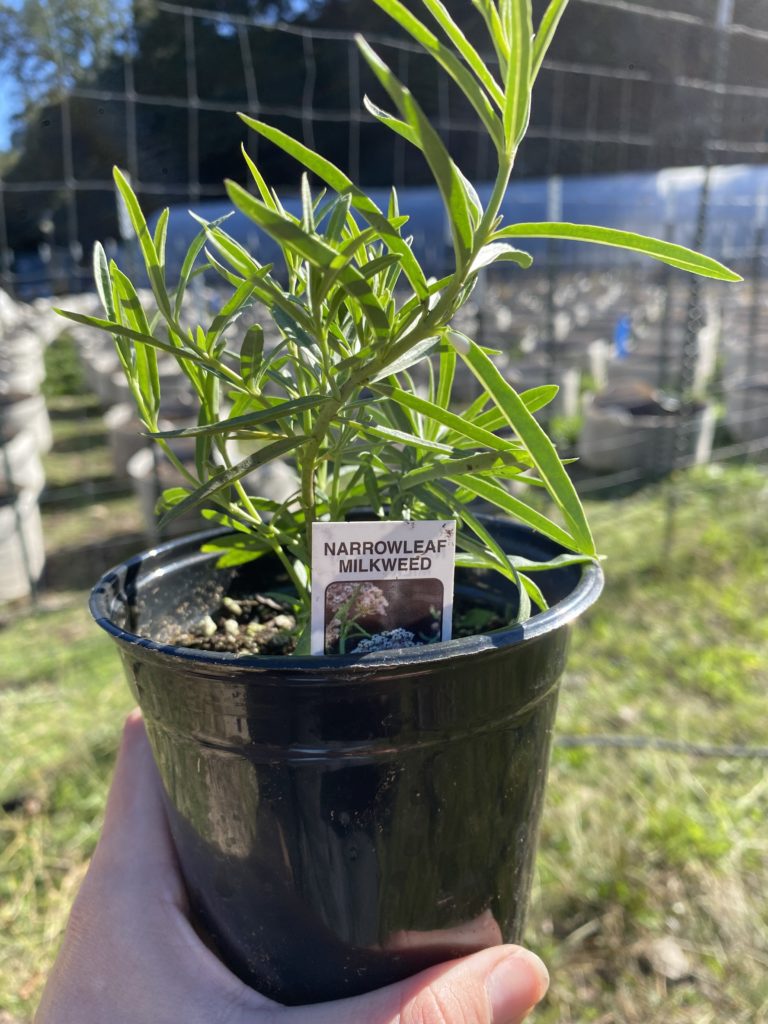
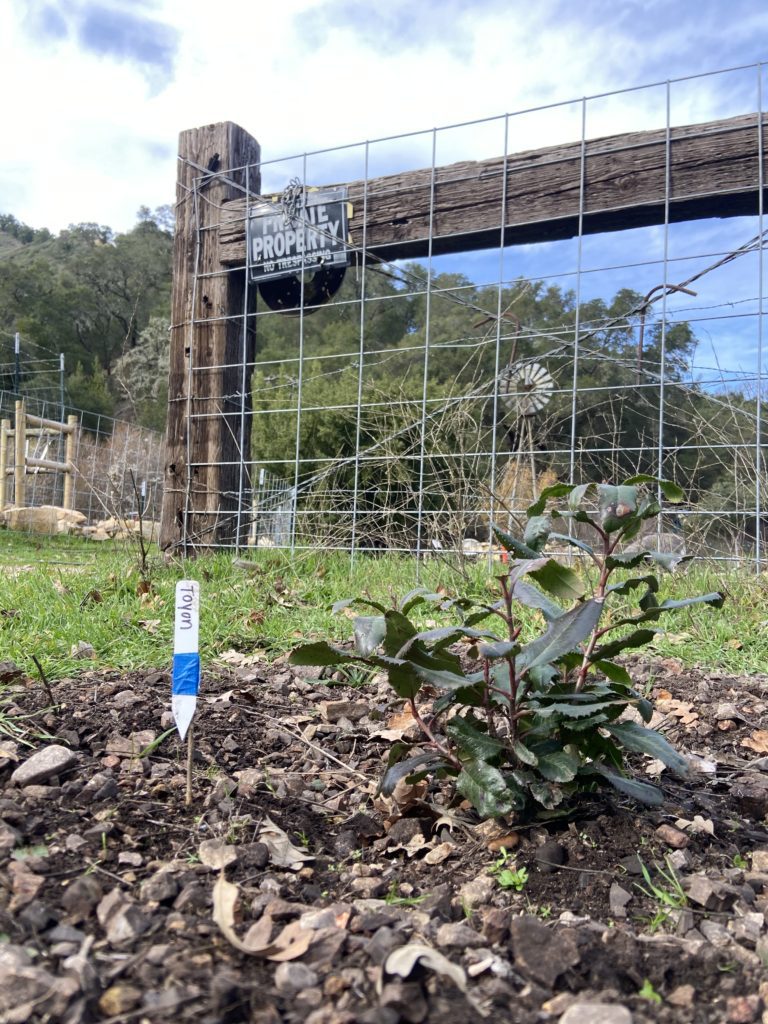
Through the Growing Responsible and Socially Sustainable Cannabis (GRASS-C) verification program and with funding from Legion of Bloom, the USLTRCD staff worked closely to identify three cannabis operations on the Central Coast. During the site visits, the team identified natural resources along with existing infrastructure to support demonstration gardens and documented site conditions to determine suitable locations for native plantings for monarchs. The team developed Monarch Habitat Improvement Plans for the three licensed cannabis operations. The plans included site-specific recommendations for native plants that are typically commercially available and summarized steps for implementation, maintenance, and photographic monitoring.
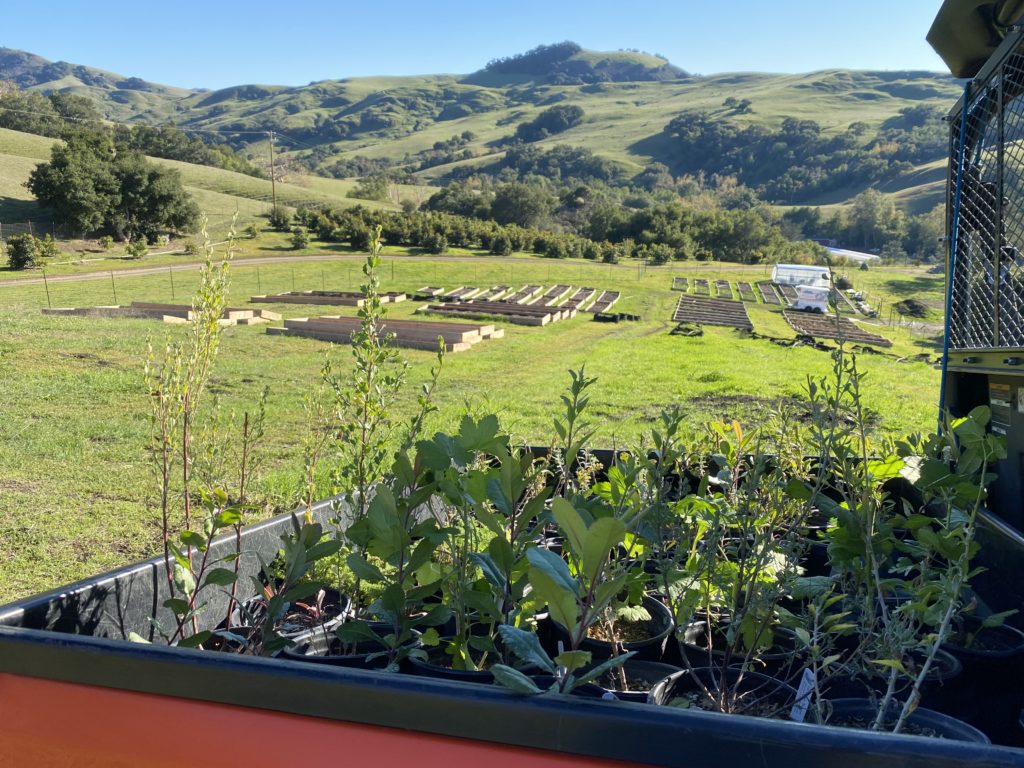
In December 2021, over 150 native plants were purchased and delivered to the three cannabis operations, and three new monarch habitat improvement gardens were installed. The results are a bright example of cannabis cultivators in collaboration with a sustainability project. Our efforts provided the monarch butterflies with essential habitats on three cannabis cultivation sites. Other cannabis cultivators can start utilizing these options, even when dedicating only a small part of their land. Their efforts improve the habitat for monarch butterflies now and in the future.
